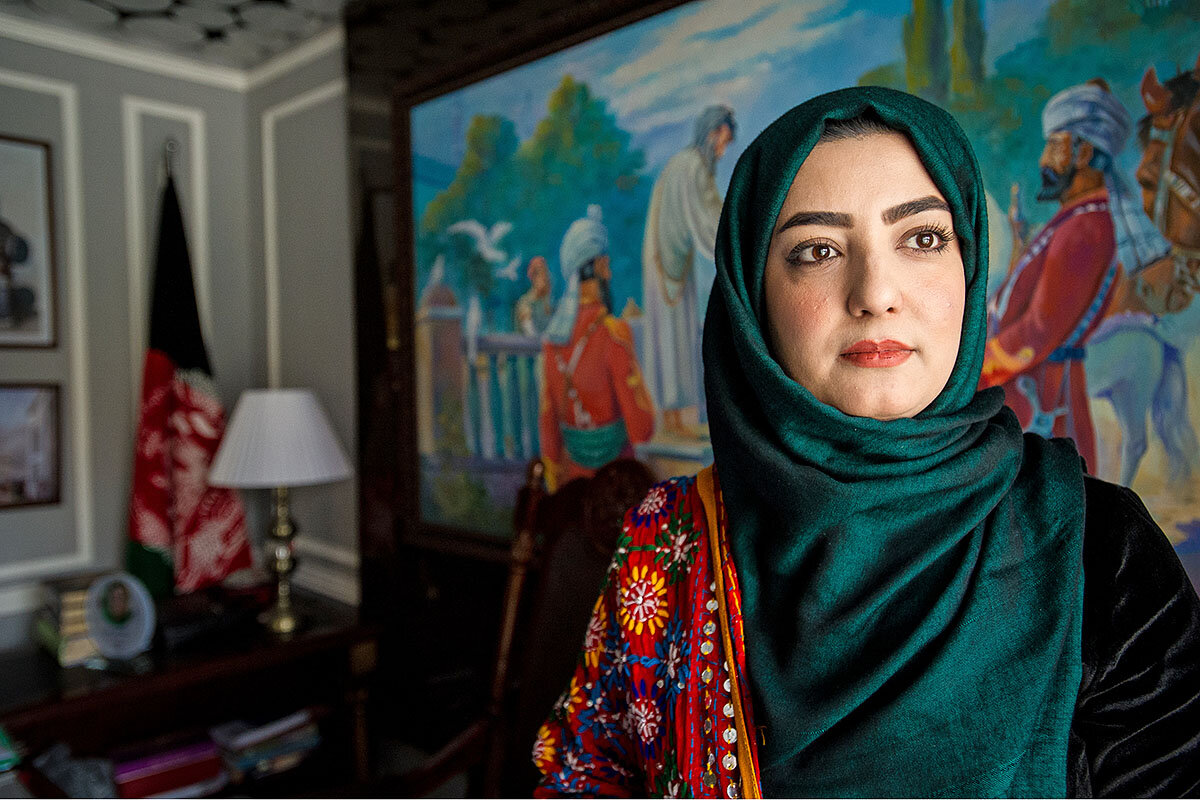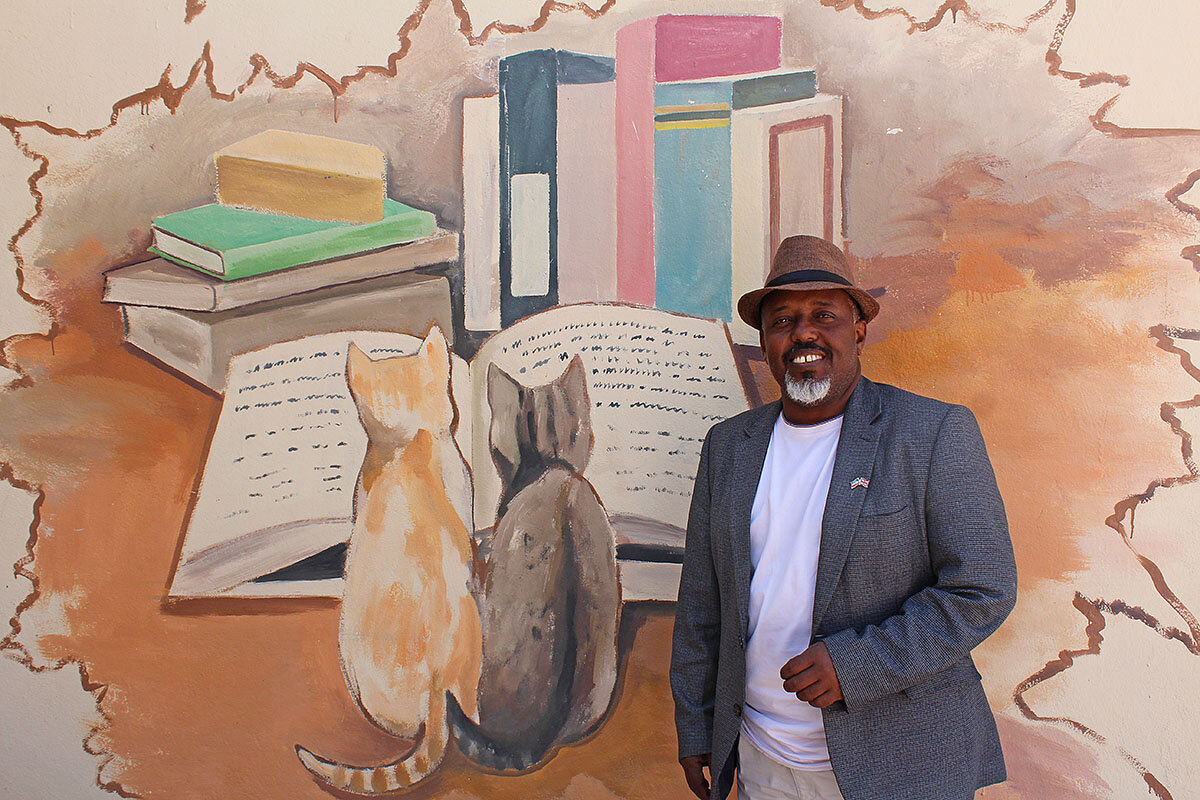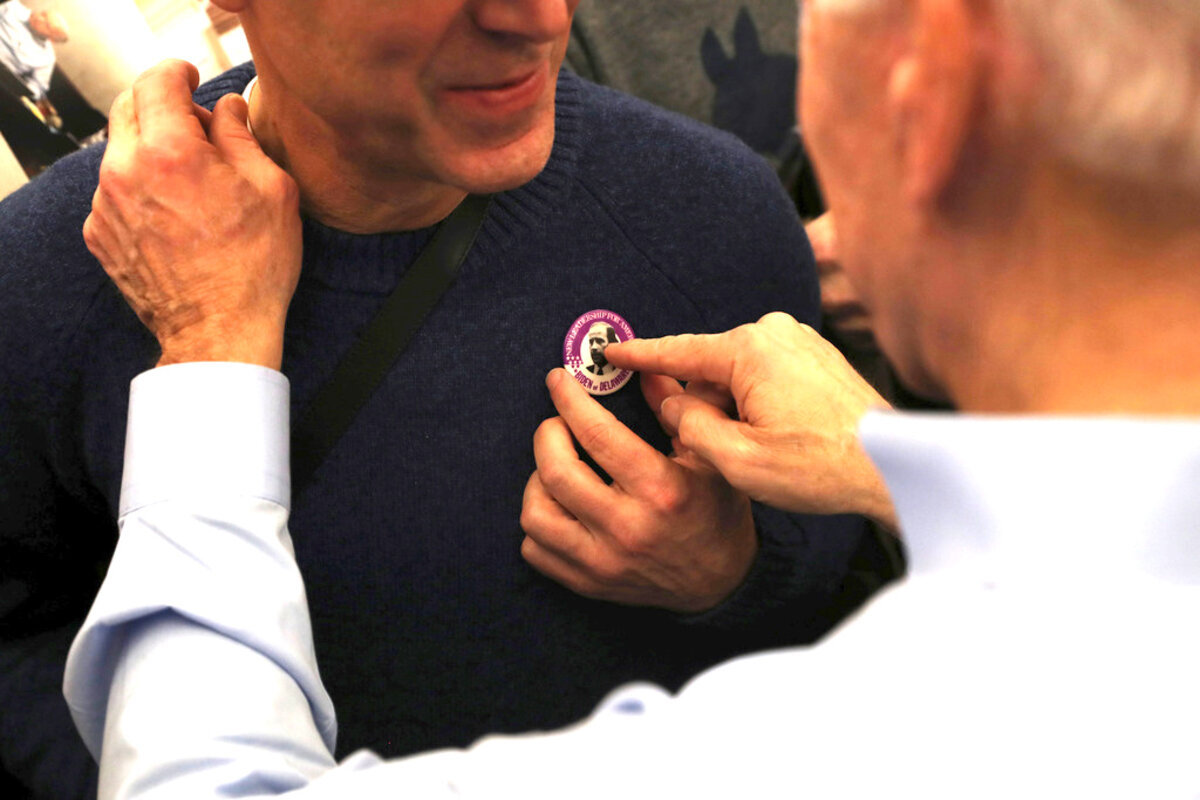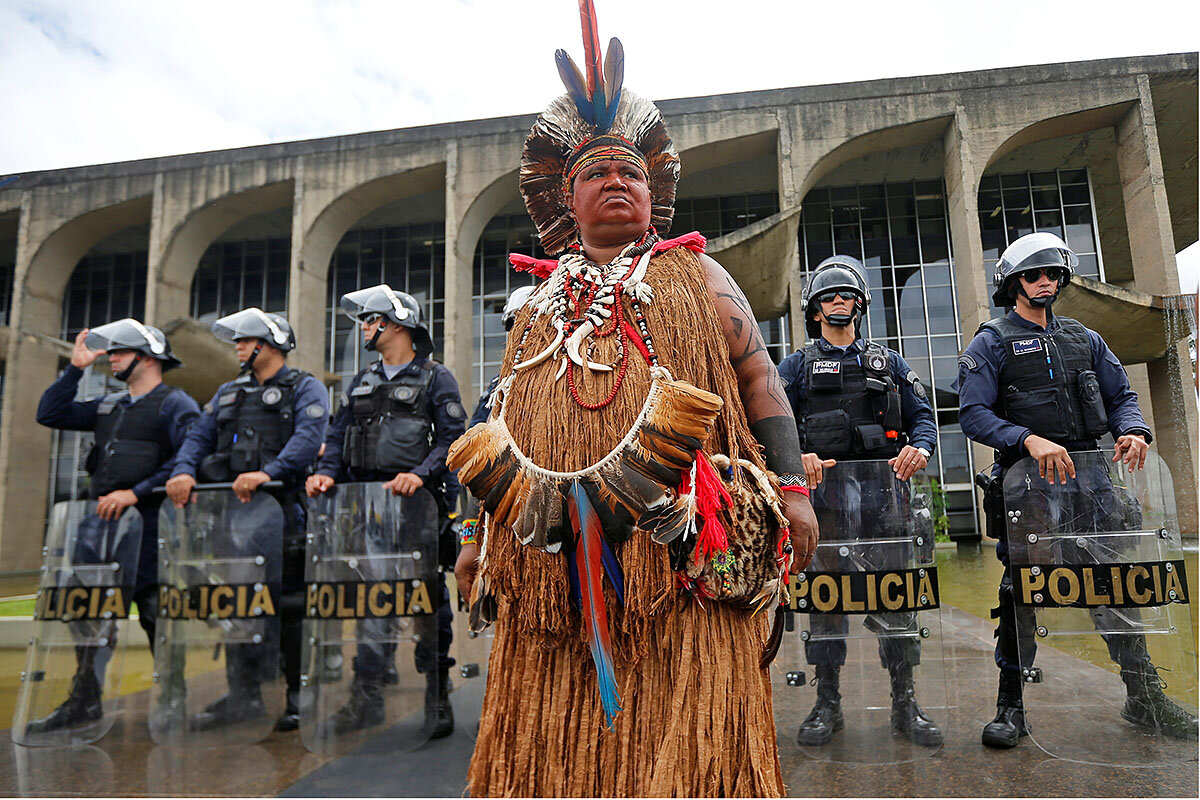The fight against coronavirus requires collaboration, and in a time of crisis that can bridge even the most entrenched divides. Look no further than Israelis and Palestinians.
Monitor Daily Podcast
- Follow us:
- Apple Podcasts
- Spotify
- RSS Feed
- Download
 Mark Sappenfield
Mark Sappenfield
Today’s issue includes a different view of the coronavirus outbreak from the Mideast, the secret of Joe Biden’s success, a women’s uprising in Mexico, the hope of young Afghans, and the world’s humblest national archives.
But first a look at big news from today.
When the six accusers present at Harvey Weinstein’s sentencing Wednesday left the courtroom, they were greeted by impromptu cheers. Just as they had walked in together – in solidarity and support – they walked out together.
In between, something momentous had occurred. A judge sentenced him to 23 years in prison for rape and sexual assault. It was not the maximum 29 years prosecutors had suggested, but it was substantially more than the five proposed by the defense. Quite simply, the women made their case – and were heard.
The case had come to embody so much of the #MeToo movement. If this wealthy, well-connected media mogul could not be brought to account for flagrant crimes that were an open secret for years, what claim to progress could really be made? Instead, the sentence is “a watershed moment in society’s understanding that rape is about abuse of power,” tweeted Equality Now, a women’s rights group.
The six accusers in the courtroom cried and hugged each other as the sentence was announced. They had been there for each other. As they left to applause, the hope is that perhaps now other survivors might feel that society and the legal system will be there for them, too.
Model Tarale Wulff testified at the trial because she wanted to help others. But, she added, “I am also worth standing up for.”










